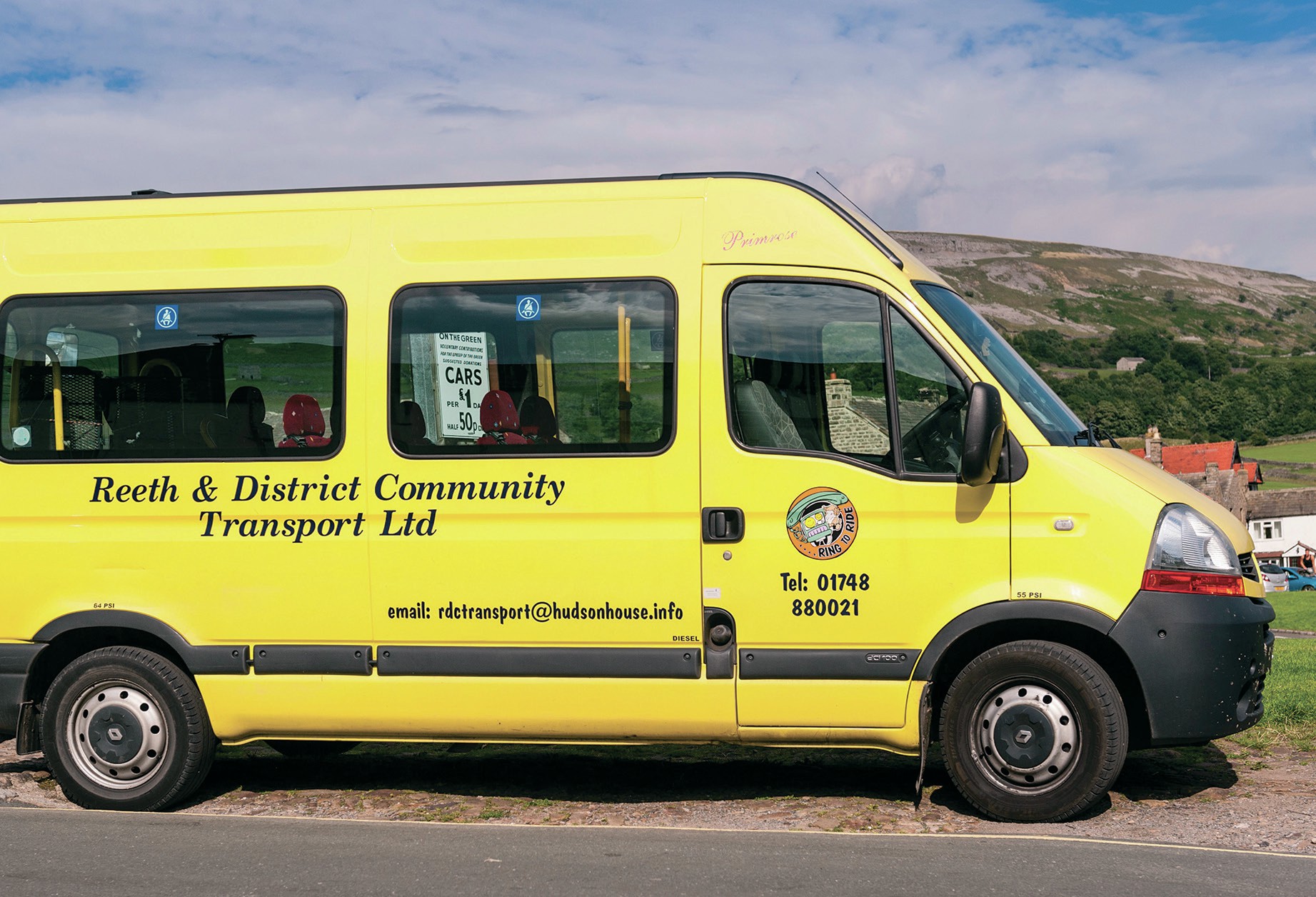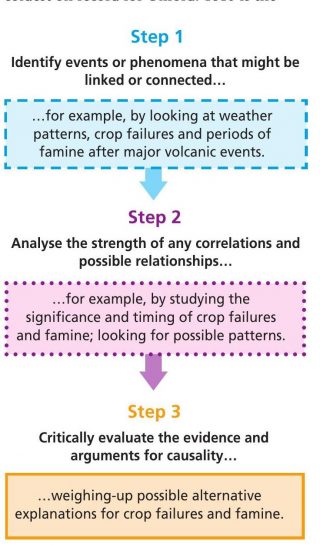
Shops in rural towns and villages in the UK are struggling to survive. They are often under threat due to competition from supermarkets and out-of-town shopping centres, and they are hit by the effects of the latest recession. As well as the impact on specific retail businesses, the high street itself is in decline in many small towns. Longstanding shops supplying local needs are closing down, to be replaced by charity stores and ‘pop-up’ shops. These may help to generate money for good causes, but they provide little in terms of employment or investment and are an indication of decline. There are fears that, as shops close, important services such as libraries, pharmacies and dentists will follow, making life difficult for all but the most mobile members of the population.
These concerns about local economies, and the connections between the health of the local economy and the wellbeing of the rural community, are of great interest to human geographers. They are central not only to the plight of individual villages and towns but to wider patterns of residential migration and to the viability of rural communities.
Your organisation does not have access to this article.
Sign up today to give your students the edge they need to achieve their best grades with subject expertise
Subscribe




